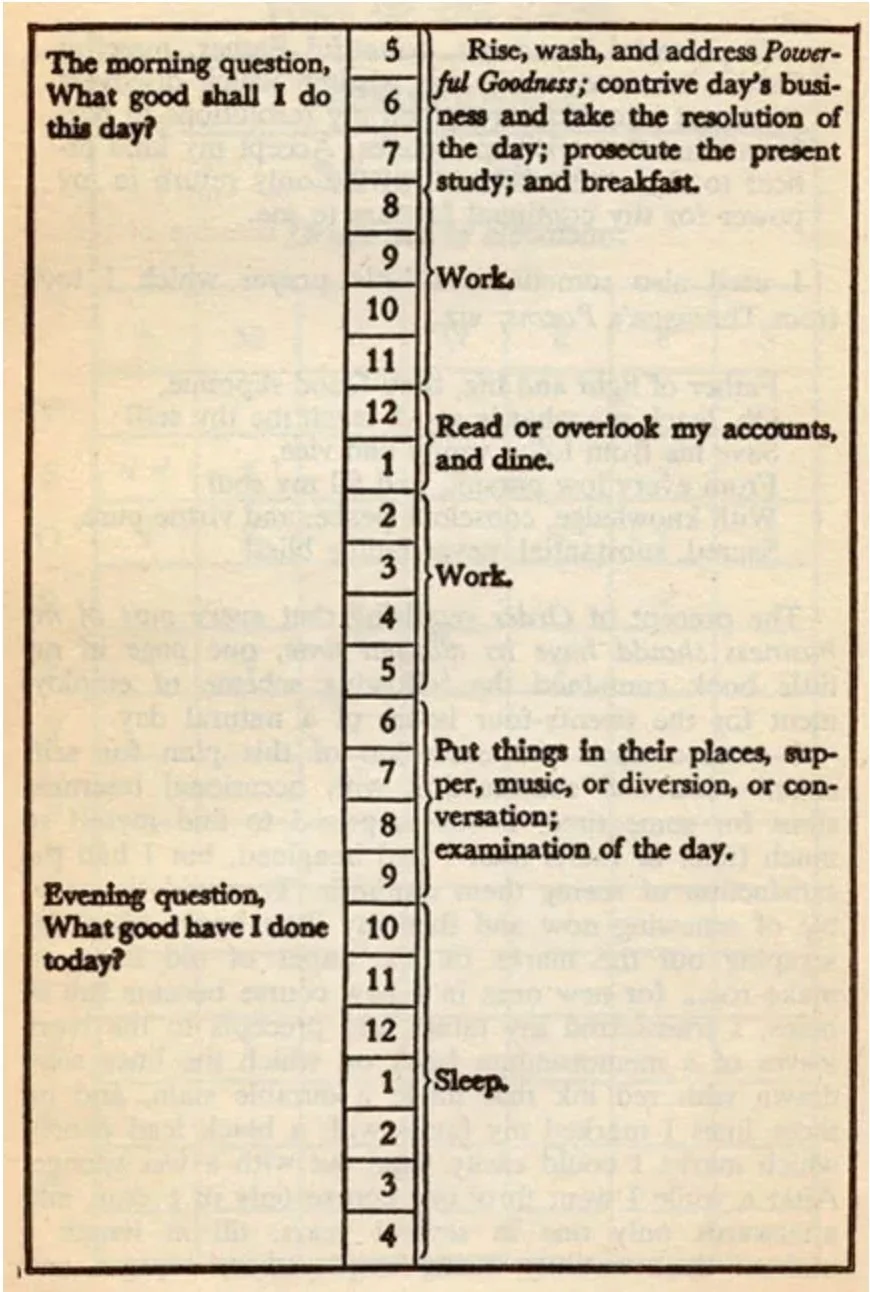Creativity: A Short And Cheerful Guide
“Creativity is not a talent; it is a way of operating.”
In 1969, John Cleese, Eric Idle, Graham Chapman, Terry Gilliam, Terry Jones and Michael Palin formed a comedy troupe at Cambridge University.
They called it ‘Monty Python's Flying Circus’ and together went on to produce a hit TV series as well as the iconic films Monty Python and the Holy Grail, Life of Brian, and The Meaning of Life.
If you’ve never watched these films, you should stop reading this now and redeem yourself. You’re in for a real treat.
Creativity has been at the heart of their success, and one member in particular, John Cleese, has been a vocal advocate for the power of creativity.
Cleese is known for his distinctive style of comedy, which often involves satire, absurdism, and wordplay.
He also co-wrote and starred in the sitcom Fawlty Towers, which is widely regarded as one of the greatest British sitcoms of all time.
In his book Creativity: A Short And Cheerful Guide, he outlines some key beliefs about creativity:
1. Creativity is a process
Cleese believes that creativity is not just a talent that some people are born with but a process that can be learned and developed through practice. In other words, anyone can learn to be creative.
2. Time and space are essential
As a professional comedian, John understands that creativity requires time and space to allow ideas to develop and flow freely. As such, he advocates for creating a specific time and place for creative work and avoiding interruptions and distractions. So, where is your ‘safe’ space to be creative?
3. Playfulness is key
John emphasises the importance of playfulness and having fun in the creative process. He believes creativity thrives when people are relaxed, open-minded, and willing to take risks and experiment. This philosophy might explain Silicon Valley’s obsession with ping-pong tables, chill-out areas and colourfully decorated interiors.
4. Mistakes and failures are valuable
Cleese believes mistakes and failures are an inevitable part of the creative process and can be valuable sources of learning and inspiration. He encourages people to embrace their mistakes and use them as opportunities for growth and development. Many creative breakthroughs are a result of happy accidents.
5. Collaboration is powerful
Cleese believes collaboration and teamwork can be powerful tools for creativity. He advocates for creating an environment where people feel comfortable sharing ideas, giving and receiving feedback, and building on each other's work. It’s no coincidence that the brilliance of Monty Python was the work of six close friends working together.
6. Creativity requires persistence
Cleese believes that creativity is a process that requires persistence and hard work. He encourages people to keep pushing through creative blocks and setbacks and to stay committed to their ideas and goals.
One other thing Cleese talks about in his book is the power of the subconscious mind.
He often wrestles with problems in his work only to take time away from them and find that his subconscious has magically solved them.
Creativity: A Short And Cheerful Guide is so short it can be read in a couple of hours and is worth the cover price for the insights it gives into one of the world's most creative minds.
If you want to learn to be more creative, you’ll love our ‘Creative Thinking’ course. Made in collaboration with some of the world’s greatest creative minds, it's packed with practical tools and tips to help unlock your creative potential.






